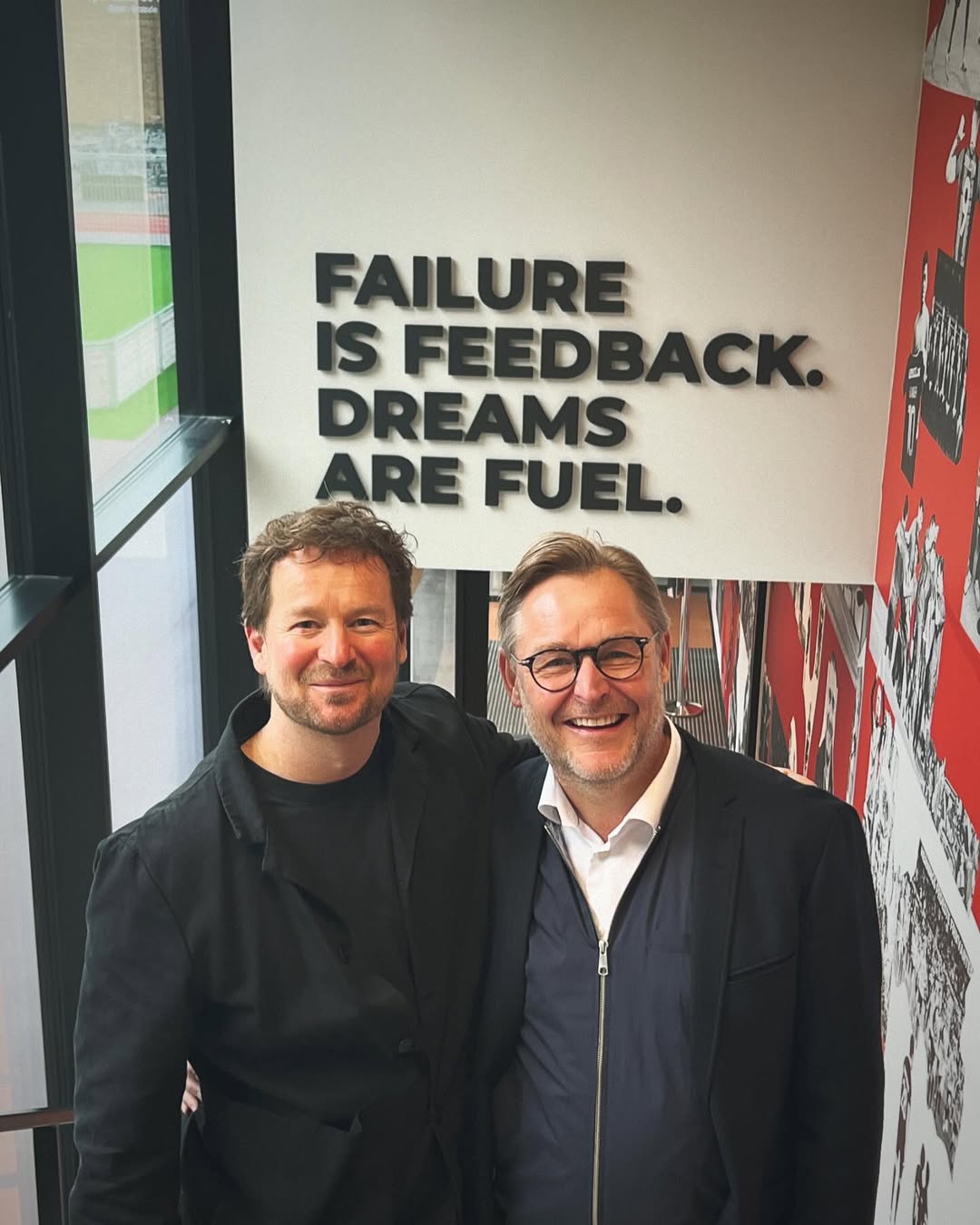The Ultimate Winning Mindset
I have worked with the football club FC Midtjylland since its establishment in 1999, initially through my advertising agencies, later as a board member, and now as an active strategic challenger, developer, and sparring partner.
In my view, too many companies think and operate too short-term. They’re focused on meeting budgets and board expectations in every monthly report. This narrow, short-term focus often prevents the necessary long-term transformation of the business.
If a company concentrates only on today’s performance, it risks losing its future relevance and competitiveness.
But that’s nothing compared to a football club, where every week brings an evaluation on the pitch.
Board members, leaders, and employees in football clubs can be on top of the world on Friday and down by Monday, depending on the weekend’s results and the league standings.
This focus can sometimes interfere with the ability to foster the steady, long-term effort needed for strategy development and implementation.
Yet, I believe many companies could benefit from adopting some of the winning mentality present in a football club like FC Midtjylland.
The Ultimate Winning Mentality
In my work with FC Midtjylland, I have attempted to articulate the winning mentality that permeates the walls in Ikast and Herning:
Ambition is Fuel. Failure is Feedback.
At FCM, they have never been afraid to declare bold ambitions. They understand the catalytic effect of pursuing big goals. They have never played it safe to ensure they meet external expectations.
Every time they have failed, they haven’t pointed fingers outward but looked in the mirror. They have embraced the truth about what caused the failure and used it as inspiration for growth and improvement.

Here are my suggestions on how you can adopt the same level of winning mentality in your business in a simple way.
Ambition is Fuel: Here’s How to Do It
1. Start by Developing a New Vision
Every ambitious new journey begins with a vision that inspires all employees to contribute to something larger than themselves. The vision should not only encompass business goals but also outline how the company will create more value in society.
2. Set Demanding 10X Growth Goals for the Next 10 Years
Commit to goals so ambitious that they may initially seem nearly impossible to achieve. Such goals push you to break boundaries, think creatively, and foster innovation that can accelerate the company’s growth. Just try it in your strategy process—no one says you have to announce anything to the organization or press after your first workshop or at any other point for that matter.
Failure is Feedback: Here’s How to Do It
1. Make it Okay to Fail
Recognize the difference between failures caused by a lack of effort and those arising from an attempt to achieve something great. It should be okay to fail as long as you learn from it and move forward. Consider failures as insights that can inspire development and change. If fear of failure becomes part of your culture, you will see no initiatives, innovation, or attempts at extraordinary achievements from employees—guaranteed.
2. Avoid “Outcome Bias”
Don’t judge your efforts solely based on results. Instead, seek the truth about your competitive position and performance across the value chain, regardless of bottom-line outcomes. If you don’t know your true starting point, it’s difficult to advance to a new and significantly higher level for employees, departments, and the company as a whole.